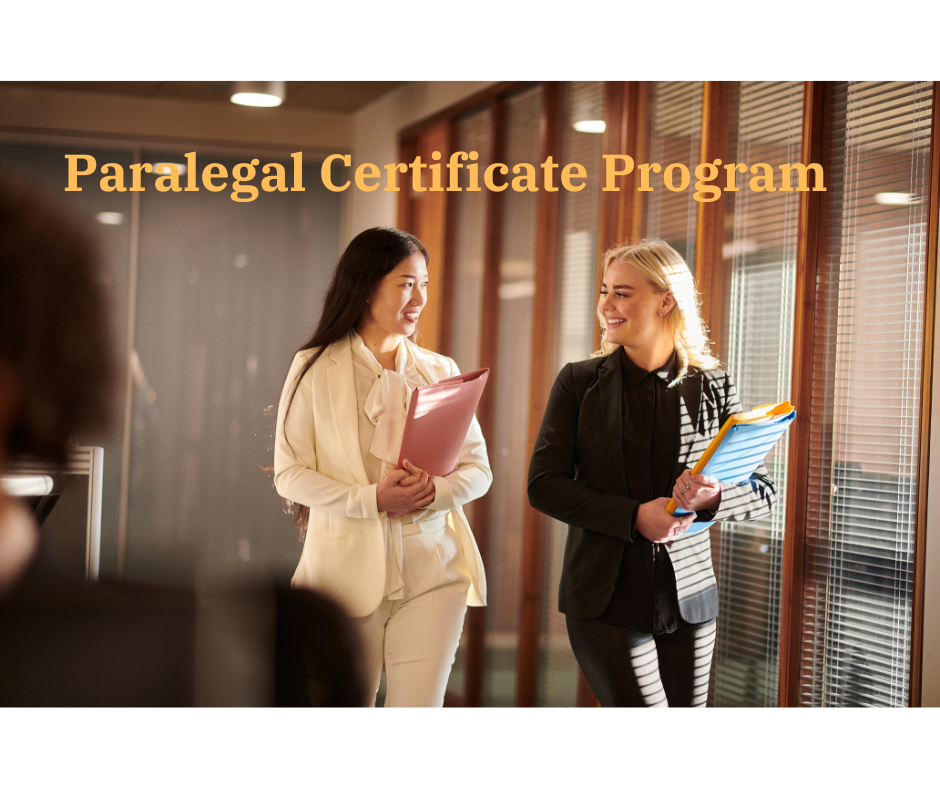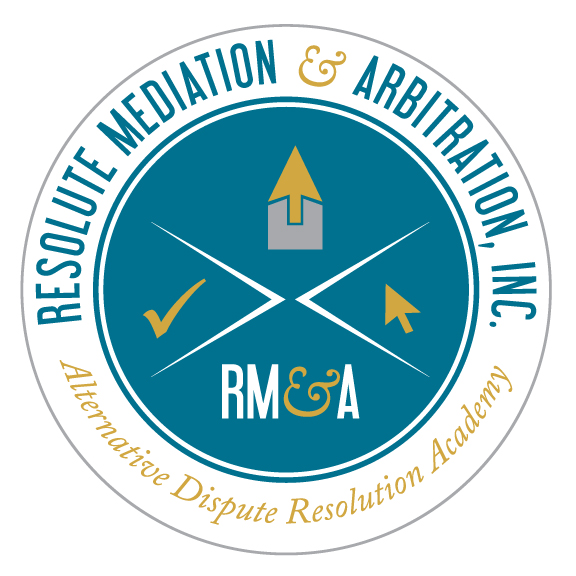Microsoft Excel 2024 Essentials (Self-Paced)
Master the core features of Excel 2024 in this self-paced course. Learn to organize, analyze, and visualize data, build formulas, create charts, and streamline tasks with Excel’s powerful tools. Perfect for professionals, students, and anyone looking to boost productivity. Includes downloadable resources and a certificate of completion.Foundations of DoD Financial Management – Level 1 Certification Prep
This self-paced, SCORM 1.2-compliant eLearning course provides foundational knowledge of the U.S. Department of Defense (DoD) Financial Management environment. It aligns with the competencies outlined in the DoD Financial Management Certification Program (DFMCP) – Level 1, and is designed to award 0.8 IACET CEUs (8 contact hours).Practical Bookkeeping
Good bookkeeping is more than just a task; it’s an important tool that empowers you to understand your business, and work towards growth and success with the financial future. Bookkeeping is the process of recording, organizing, and maintaining financial transactions for a business or individual.Time Management
This course is designed to equip students with the skills necessary to manage their time in their daily lives in and outside the workplace. This course will introduce valuable concepts of time management and productivity to maximize their ability to complete tasks efficiently. Throughout the course students will be confronted with practical and realistic situations to combat procrastination, distractions, and unexpected issues. Students will be prepared to organize their life, manage their time for better work-life balance, and delegate their needs and outcomes effectively to others. Social Media Marketing
Social Media Marketing is essential for business and sales. This course will breakdown the basics of marketing online and throughout the major social media apps for best techniques, strategies, and goals for each campaign and followings. Utilize this course to become proficient in Social Media MarketingRisk Management
Learn essential Risk Management skills and communication techniques to adequately assess your workplace for mitigation, safety effectiveness, and training for a safe workplace. This course is designed to provide students with the tools they need to properly define, assess, and analyze their workplace for risks and updated safety measures. Proficiency in Risk Management is integral to the health and longevity of organizations. Equipped with the resources and skills from this course students will be effective risk management professionals ready to implement safety plans and risk assessments at their location. Project Management
This course introduces valuable Project Management skills, applications, and resources for students to learn and implement on their own. Throughout this course students are introduced to the concepts integral to Project Management, as well as the necessary skills and strategies for delegation, presentation, and event planning for various organizational needs. This course adequately prepares students to be proficient in Project Management across different approaches, styles, and locations. Office Administrator
This course will adequately prepare students to become an effective Office Administrator with skills and knowledge of workplace support needs, bookkeeping overviews, time management and organization, records management, and meeting preparedness and management. This course is designed to fully equip students with the resources and skills necessary to be hired as an Office Administrator for various office types. Professional Communicator
Professional Communicator Course is designed to provide the necessary communication and facilitation skills for effective communication across many different people and settings. Effective methods and strategies are taught in depth to provide essential background and resources for implementing communication and facilitation techniques. Call Center Associate
Throughout these courses, students will be provided with essential sales techniques, communication strategies, and effective skills to work within a center for high output of sales and customer service. A call center associate is equipped with tools for dealing with difficult customers, maintaining goals and strategies for sales and maintaining skills to work with people in person and virtually. Business Protocol
Business Protocol provides the necessary skills and techniques to navigate various business settings with the knowledge of how business starts with entrepreneurship. Students will effectively participate and be prepared to develop a business that is ethical and successful for growth due to effective communication and networking skills. Business Management
Business Management is essential for any successful organization. Throughout this program, students will be provided the opportunity to grow and learn effective management tools and strategies to delegate and develop their team, plan for the future, communicate and understand the systems of inventory management and procurement, and develop the best practices for managing their teams performance and information through the cloud.


